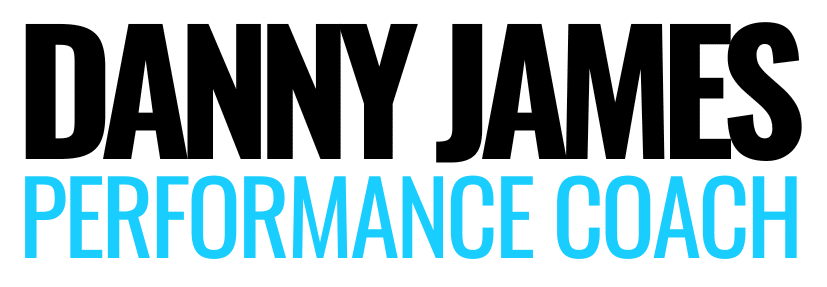I’m often asked about what can be done to speed up recovery.
More often than not I find myself responding with…
”Recovery from what?”
Because we also need to know what you’re doing to know how best to bring you back.
Different modes of exercise type will produce a different stimulus, recovery and adaptation cycle.
Also, people tend to have wildly ambitious notions of the quality of the work they’re putting in.
Either working not nearly hard enough or working too hard for too long.
Not to mention, the numerous other factors to consider outside of training that will influence your health and recovery.
Related: It’s Official: Workplace Burnout Is a Thing
In general, getting enough sleep, eating better and destressing are going to cover a large part of what you need in varying amounts to speed up recovery.
Sitting quietly in a chair by yourself, folding 1000 paper cranes and paying no mind to your phone or mood ring will do far more for your recovery than any supplement that I know of.
I know, sounds too simple to be true.
But honestly, here’s the thing.
The hardest part of recovering that I can see is keeping the hard days hard and the easy days easy.
You do that, and I promise you you’ll be golden but the bottom line is this:
The most important thing you can do to improve your recovery is to first improve your programming.


[…] does it wield the power to undo the damage of poor exercises choices or not moving enough in the first […]
[…] Shots Fired […]
[…] Manage training fatigue […]